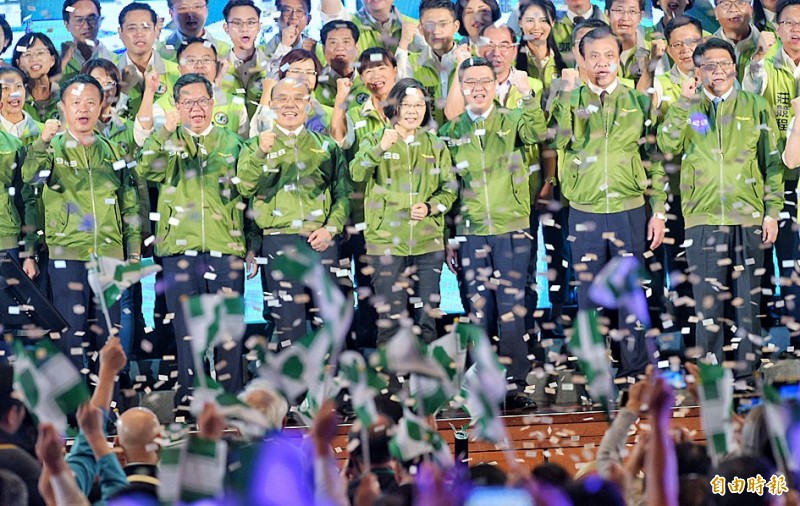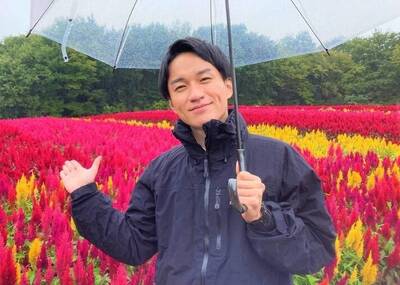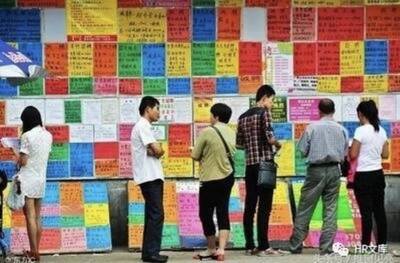《TAIPEI TIMES》 DPP rejects ‘one country, two systems’

President Tsai Ing-wen, front row center, Premier Su Tseng-chang, third left, Democratic Progressive Party Chairman Cho Jung-tai, third right, and others give the thumbs-up sign during the opening of the party’s national congress at the Grand Hotel in Taipei yesterday. Photo: Chang Chia-ming, Taipei Times
INTIMIDATION: Beijing hopes Taiwanese will elect leaders who bow to its demands and don’t buy warplanes or support the Hong Kong democracy protests, Tsai Ing-wen said
By Sean Lin / Staff reporter
The Democratic Progressive Party (DPP) yesterday passed a resolution rejecting the “one country, two systems” framework that Beijing has proposed for Taiwan, as well as to streamline the government’s collaboration with the public, ensure equity when pushing for economic and social transformation, and deepen ties with nations that value democracy and human rights.
The DPP held its national congress at the Grand Hotel in Taipei, where party members also celebrated its 33rd anniversary and prepared for next year’s presidential and legislative elections.
The resolution reasserted the party’s Resolution on Taiwan’s Future, passed in 1999, which states that the nation’s future should be decided by all Taiwanese.
Reforms that are necessary to achieve this aim should be implemented, the new resolution said.
The party would continue to bolster the nation’s defense capabilities and help it achieve defense autonomy, thereby providing deterrence against any attempts to infringe on the nation’s sovereignty, it said.
The party would also introduce legislation to safeguard the nation’s democratic and constitutional system, it added.
The DPP would work with the public to establish a collaborative mechanism to mitigate the negative effects on society — especially for disadvantaged groups — when carrying out reforms backed by a majority of the public, it said.
The party would overhaul its industrial, labor, environmental and financial policies to help the public meet global challenges, such as climate change and the rise of new business models, it said.
The DPP would push for sustainable economic reforms and bring about a more equitable society, the resolution said.
It would guide the nation’s manufacturing sector away from one reliant on original-equipment manufacturing and reduce economic reliance on China, it said.
The DPP does not see the nation as “Taiwan on one side of the Taiwan Strait,” but as “Taiwan of the Pacific, of the world,” the resolution said.
The party would continue to engage with the world on the foundation of its achievements in promoting democracy and human rights, as well as the close economic links it has established worldwide, it said.
In her speech at the congress, President Tsai Ing-wen (蔡英文), who is seeking re-election, said that the DPP and its supporters can be optimistic about next year’s elections, but they cannot afford to be careless, as they face not only challenges from within the nation, but also from an adversary across the Taiwan Strait.
“The verbal and military intimidation from the other side of the Strait is unlikely to lessen — it will only increase, for the last thing it wants is for me to be re-elected and for the DPP to win a legislative majority,” Tsai said.
“They hope that Taiwan would elect a government that will bow to Beijing on all matters, that dares not procure warplanes or support Hong Kong’s democratic movement,” she said.
Referring to a speech Chinese President Xi Jinping (習近平) speech made on Jan. 2, Tsai said it is evident that the so-called “1992 consensus” no longer has any room for the survival of the Republic of China (ROC).
If the public succumbs to Beijing’s pressure and echoes “its consensus,” the ROC and Taiwan would cease to exist, she said.
The congress was attended by several senior DPP members, but notably absent was former premier William Lai (賴清德), who lost to Tsai in the DPP’s presidential primary, but has reportedly agreed to run with Tsai on a joint ticket.
“Former premier Lai is absent today. Over the past couple of years, he made great many contributions as a member of the administration, and he acted in a democratic manner after the primary,” Tsai said. “He has always been an indispensable member of this team. I believe that he would definitely not be absent from the campaign team, but would fight shoulder to shoulder with us.”
The “1992 consensus” — a term former Mainland Affairs Council chairman Su Chi (蘇起) in 2006 admitted to making up in 2000 — refers to a tacit understanding between the Chinese Nationalist Party (KMT) and the Chinese government that there is “one China,” with each side having its own interpretation of what “China” means.
新聞來源:TAIPEI TIMES



















